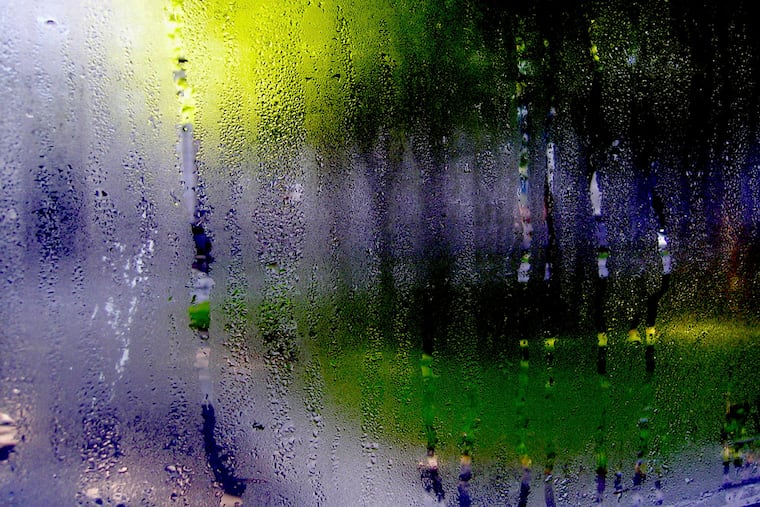Your Place: Steps to help you avoid window condensation
Question: We had new windows installed several years ago. Some mornings, when there is a lot of condensation, you can see where the stickers were on all the windows.

Question: We had new windows installed several years ago. Some mornings, when there is a lot of condensation, you can see where the stickers were on all the windows.
How can I stop this condensation from happening?
Answer: Let me refer to a column that I wrote back in 2011, I believe, in which I interviewed Christopher Burk, technical product manager at Simonton Windows in Columbus, Ohio.
"While condensation may collect on the interior or exterior of energy-efficient windows, the units are really doing their job by helping serve as a barrier in the home," Burk said.
Windows themselves don't cause condensation. They just prevent the moisture in the house from escaping to the outside.
"If the inside glass surface on double- or triple-glazed windows shows excessive moisture, you can be reasonably sure that the moisture is also collecting on your walls and ceilings," Burk said.
"This means you should take steps to reduce the humidity level in your home by using exhaust fans and dehumidifiers."
A lot of water vapor is created by any home's inhabitants. A family of four can add a half-pint of water vapor every hour to a home just through normal breathing and perspiration.
And, if you take a five-minute shower, you produce another half-pint of water vapor.
Even the simple act of cooking dinner on a gas stove can produce 21/2 pints of water vapor.
It's a part of our lives and the places in which we live them.
To help control the amount of condensation in the home, the experts at Simonton Windows recommended taking the following steps:
Use kitchen and bathroom exhaust fans.
If you have a humidifier, set it to the correct outside temperature.
If your home is overly humid or if you have a damp basement, use dehumidifiers.
Properly vent your clothes dryers, gas appliances, and stoves.
Open windows in the bathrooms.
Open your curtains and blinds to allow more air circulation around your windows.
aheavens@phillynews.com or write him at The Inquirer, Box 8263, Philadelphia 19101. Volume prohibits individual replies.